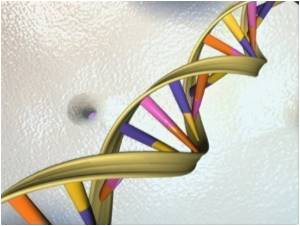
Dr Frances Flinter, chair of the working group that wrote the report, said, "A pre-conception test will ensure greater patient choice and access to information that will help support people who are planning to have children."
The existence of a risk is real, as there is one in four chances that children of parents who both carry a silent gene for a particular health condition would inherit both the mutant genes and get the disease. Hence, the Commission recommends a widespread use of the test although it also states that doctors should not be aggressive in promoting the testing and couples should not feel compelled to have the screening.
Although the tests would be available privately, at a cost of several hundred pounds for now, the NHS will offer them only when the National Screening Committee is satisfied that they are reliable and cost effective.
And yet, there has been strong caution sounded on this matter. Dr Helen Wallace, director of GeneWatch UK says, “The idea that young people should be choosing partners or deciding to use IVF based on their DNA is both dangerous and misleading."
On ethical grounds, some campaigners like Josephine Quintavalle, the director of the campaign group Comment on Reproductive Ethics, have warned that the tests amount to eugenics, encouraging the perception that disability is undesirable.
Advertisement
Advertisement










